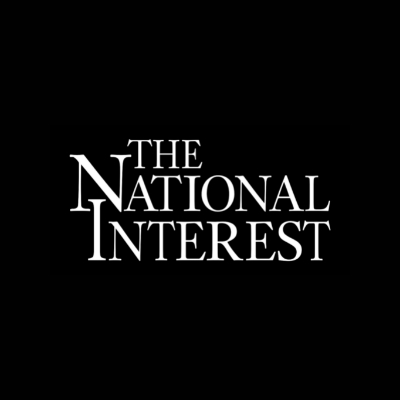 The National Interest Article Rating
The National Interest Article RatingShould You Take Social Security Earlier Rather Than Later?
- Bias Rating
4% Center
- Reliability
N/AN/A
- Policy Leaning
4% Center
- Politician Portrayal
-25% Negative
Continue For Free
Create your free account to see the in-depth bias analytics and more.
Continue
Continue
By creating an account, you agree to our Terms and Privacy Policy, and subscribe to email updates. Already a member: Log inBias Score Analysis
The A.I. bias rating includes policy and politician portrayal leanings based on the author’s tone found in the article using machine learning. Bias scores are on a scale of -100% to 100% with higher negative scores being more liberal and higher positive scores being more conservative, and 0% being neutral.
Sentiments
N/A
- Liberal
- Conservative
| Sentence | Sentiment | Bias |
|---|---|---|
Unlock this feature by upgrading to the Pro plan. | ||
Reliability Score Analysis
Policy Leaning Analysis
Politician Portrayal Analysis
Bias Meter
Extremely
Liberal
Very
Liberal
Moderately
Liberal
Somewhat Liberal
Center
Somewhat Conservative
Moderately
Conservative
Very
Conservative
Extremely
Conservative
-100%
Liberal
100%
Conservative

Contributing sentiments towards policy:
56% : After all, if you begin collecting Social Security at age sixty-two, you get fewer benefits than if you wait longer.54% : "Meanwhile, you can sign up for Social Security once you turn 62, but for each month you claim benefits before FRA, they'll be reduced on a permanent basis.
49% : Here's What You Need to Remember: A key reason is if your health isn't great, and you're betting that you might not live long enough to collect Social Security for a matter of decades.
47% : Meanwhile, more than half of Americans fear that Social Security won't be there for them when it's time for them to collect it.
45% : A key reason, the article said, is if your health isn't great, and you're betting that you might not live long enough to collect Social Security for a matter of decades.
*Our bias meter rating uses data science including sentiment analysis, machine learning and our proprietary algorithm for determining biases in news articles. Bias scores are on a scale of -100% to 100% with higher negative scores being more liberal and higher positive scores being more conservative, and 0% being neutral. The rating is an independent analysis and is not affiliated nor sponsored by the news source or any other organization.





















